THE ROLE OF COMPANY CULTURE IN ATTRACTING TOP TALENT
In today's competitive recruitment landscape, company culture has shifted from a secondary consideration to a primary factor in attracting and retaining top talent. Candidates increasingly prioritise workplace culture when deciding where to work, making it a key differentiator for organisations. This blog delves into how a strong company culture impacts employer branding, statistics on candidates' preferences, and examples of companies that leverage their culture to attract the best talent.
How a Strong Culture Shapes Employer Branding
A positive company culture is not merely a nice-to-have; it’s essential for building a robust employer brand. A report from TalentRise indicates that organisations with strong cultures are better positioned to attract and retain employees, as they foster an environment that aligns with their values and mission. When potential candidates see an authentic representation of company culture, they are more likely to engage with the brand.
Creating an authentic employer brand through a strong culture enhances an organisation’s appeal. As highlighted by the Robert Walters whitepaper, a clear cultural fit increases the likelihood of attracting candidates who align with those values, making them more likely to succeed within the organisation.
Candidates Are Prioritising Culture
Modern candidates are increasingly focused on culture when evaluating job opportunities. JobTrain’s report shows that 92% of candidates consider a company's culture as a vital factor in their decision-making process. This trend is particularly pronounced among Millennials and Gen Z, who prioritise a supportive work environment, meaningful work, and a sense of belonging.
Moreover, a survey from WorkHuman reveals that employees who feel valued and included are 40% more likely to be engaged in their work, demonstrating how a positive culture directly influences employee morale and productivity.
Unique Statistics on the Impact of Culture in the Workplace
Here are compelling statistics that underscore the critical role of workplace culture:
- Job Satisfaction: According to LinkHumans, employees at companies with well-defined, positive cultures are 1.5 times more likely to report high job satisfaction compared to those in organisations without clear cultural guidelines.
- Productivity Boost: TalentRise notes that inclusive cultures can lead to a 30% increase in productivity, as employees feel more motivated and engaged in their work.
- Turnover Reduction: Research from Robert Walters indicates that companies with a strong cultural alignment experience a 60% reduction in turnover, emphasising the importance of cultural fit in employee retention.
- Desire for Growth: Startups highlight that 75% of employees value opportunities for personal and professional growth, which is often more attainable in organisations prioritising a nurturing culture.
Examples of Companies Attracting Talent with a Strong Culture
Several leading organisations exemplify how a strong company culture can attract top talent. For instance:
- Google is renowned for its emphasis on creativity and employee well-being. The company invests significantly in creating a culture that encourages innovation, collaboration, and work-life balance, making it a top choice for job seekers.
- Salesforce has built a reputation for its commitment to equality and social responsibility, attracting talent that aligns with these values. Their focus on creating a diverse and inclusive workplace has made them a model for others in the tech industry.
- Innocent Drinks is another example, known for its relaxed, creative culture that empowers employees. Their transparent communication and strong team dynamics foster an environment where employees feel valued and engaged.
Creating a Culture that Attracts Top Talent
To enhance their appeal to job seekers, organisations must actively cultivate a strong culture. Here are some strategies to consider:
- Transparent Communication: Regular, open communication builds trust and keeps employees aligned with the organisation’s goals and values.
- Recognition Programs: Celebrating achievements fosters morale and reinforces the positive aspects of company culture, making employees feel appreciated.
- Flexibility: Offering flexible work arrangements helps meet the demands of modern employees, particularly those seeking a healthier work-life balance.
- Diversity and Inclusion: Emphasising diversity and creating an inclusive environment enables organisations to attract a broader range of talent and foster innovation.
In conclusion, a strong company culture is integral to attracting and retaining top talent in today’s competitive market. By aligning their values with those of potential employees, organisations can create an authentic employer brand that resonates deeply with candidates.
But as we look to 2025, what else is on the horizon?
Our upcoming blog, Recruitment Trends to Watch in 2025, dives into the strategies companies will need to adopt to stay competitive. From AI-driven hiring to adapting to shifts in candidate expectations, discover how recruitment is set to transform—and what that means for creating a future-ready workforce.
Share Here























